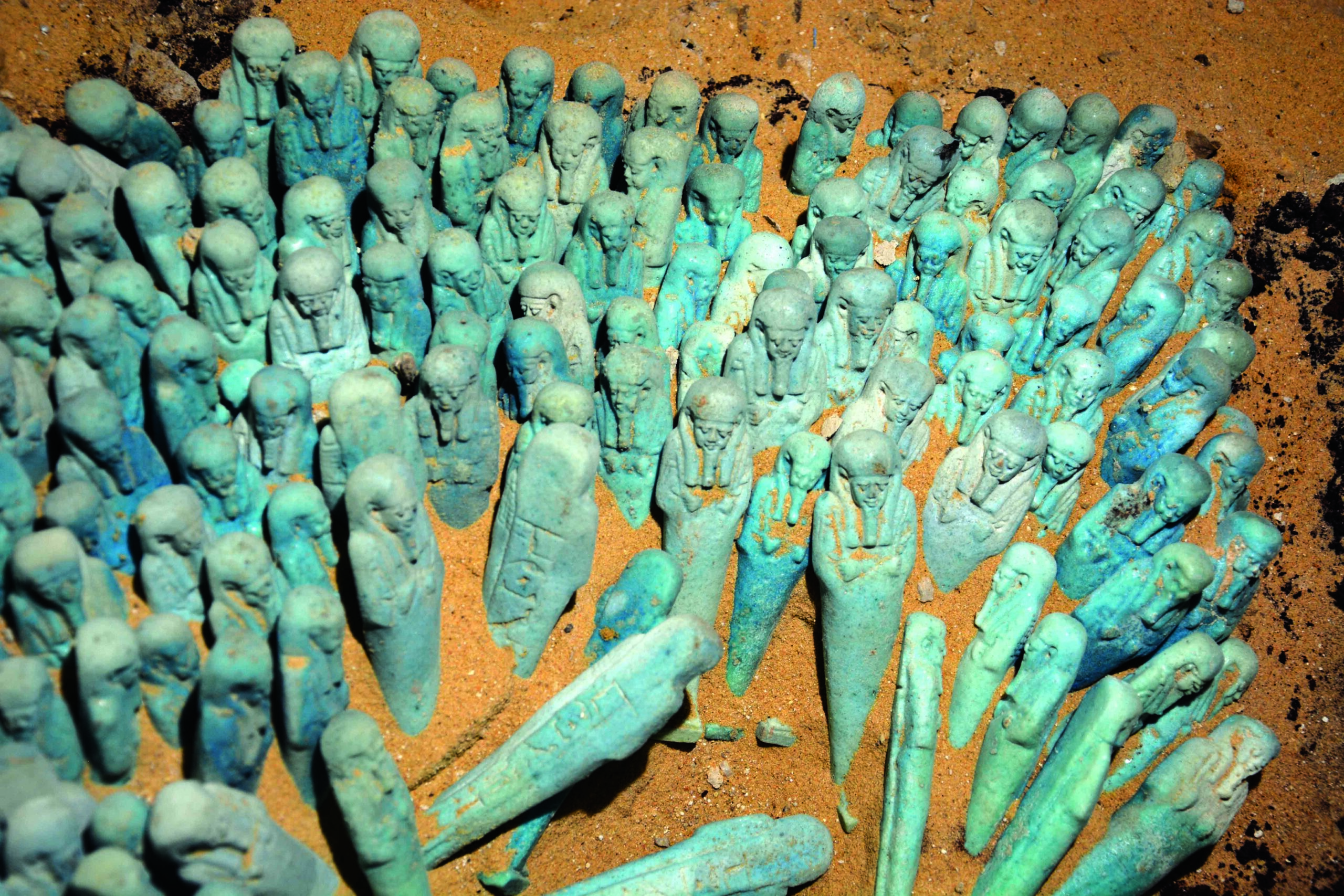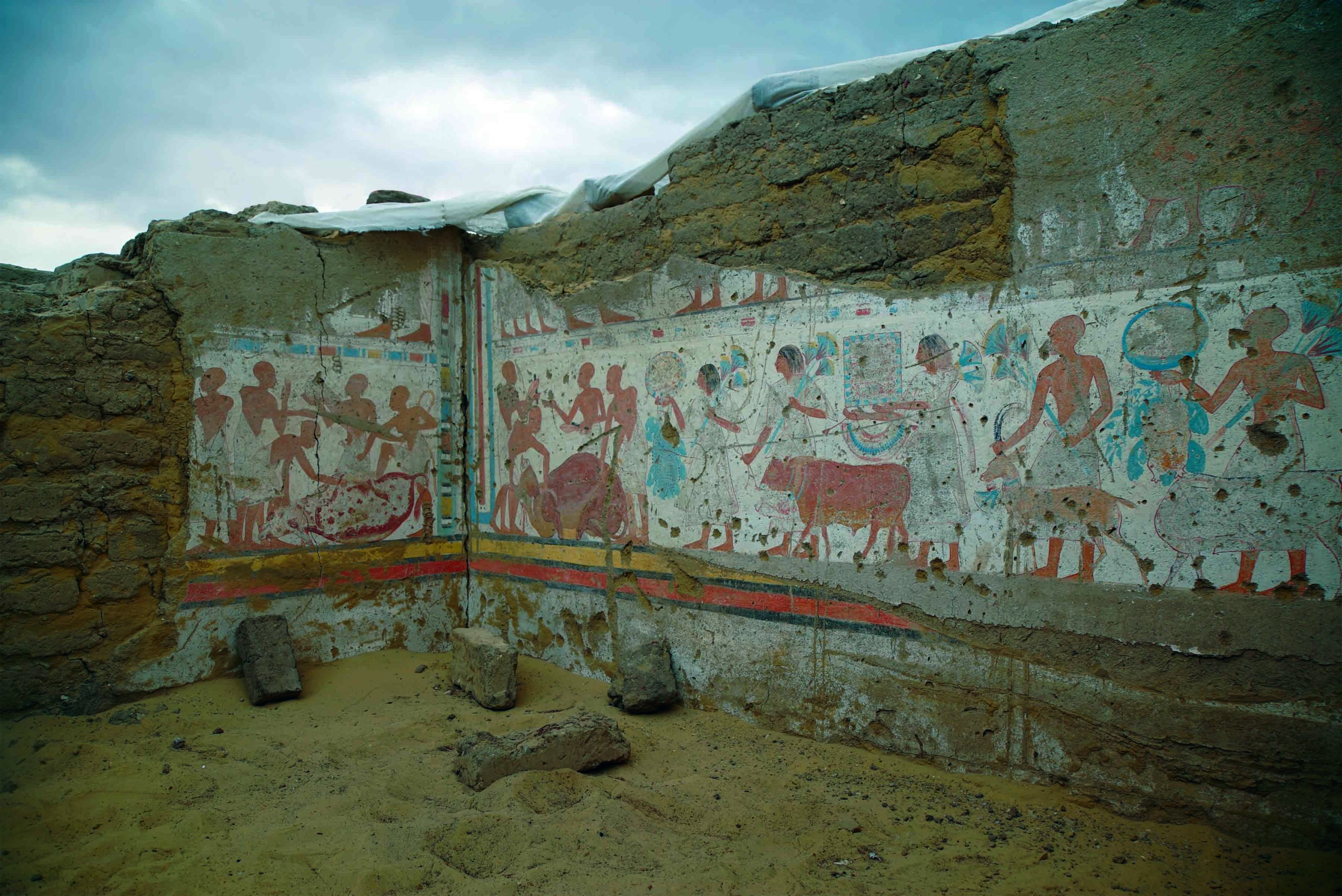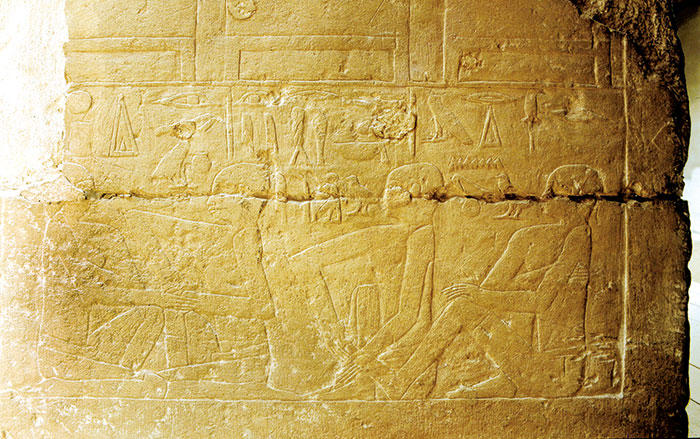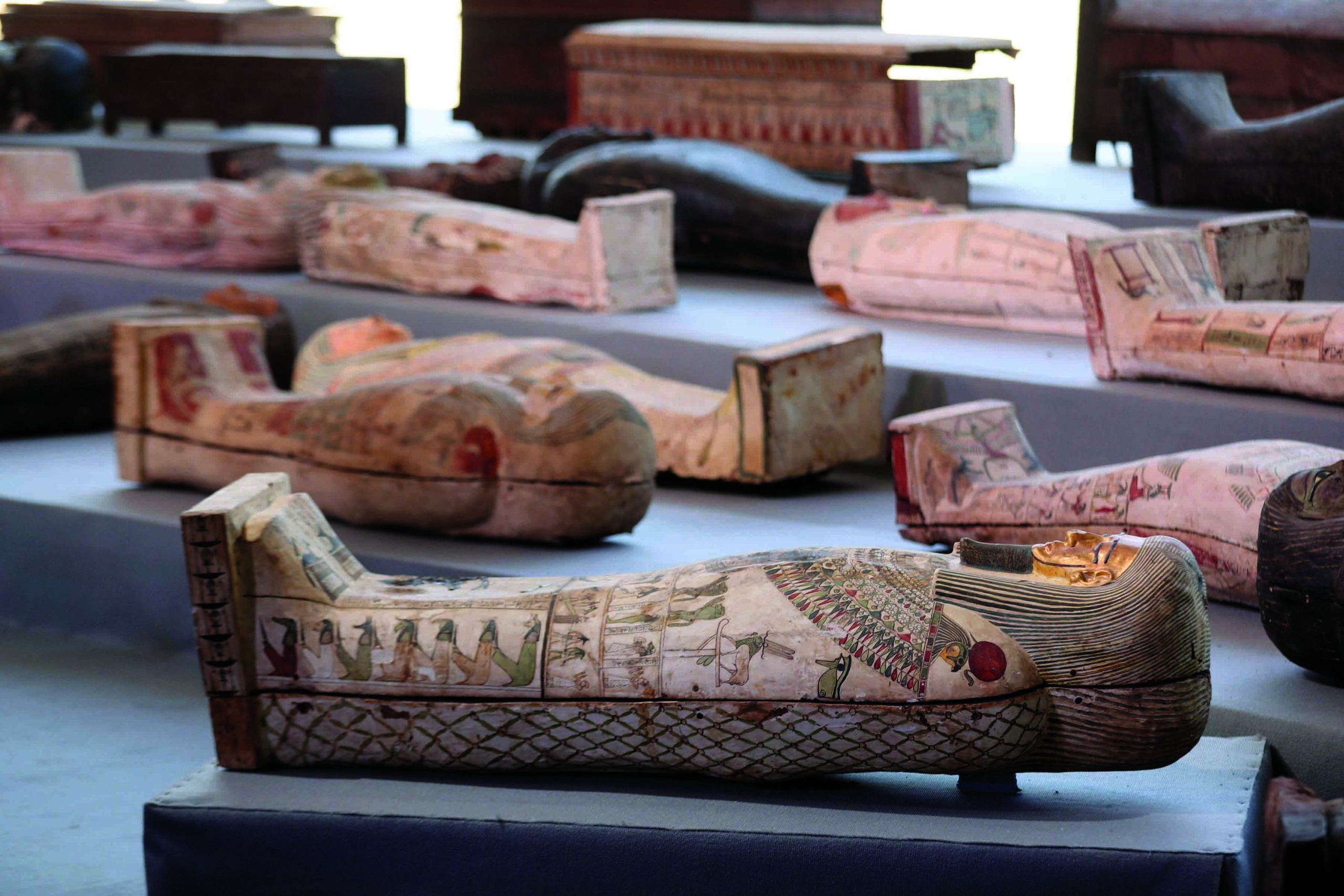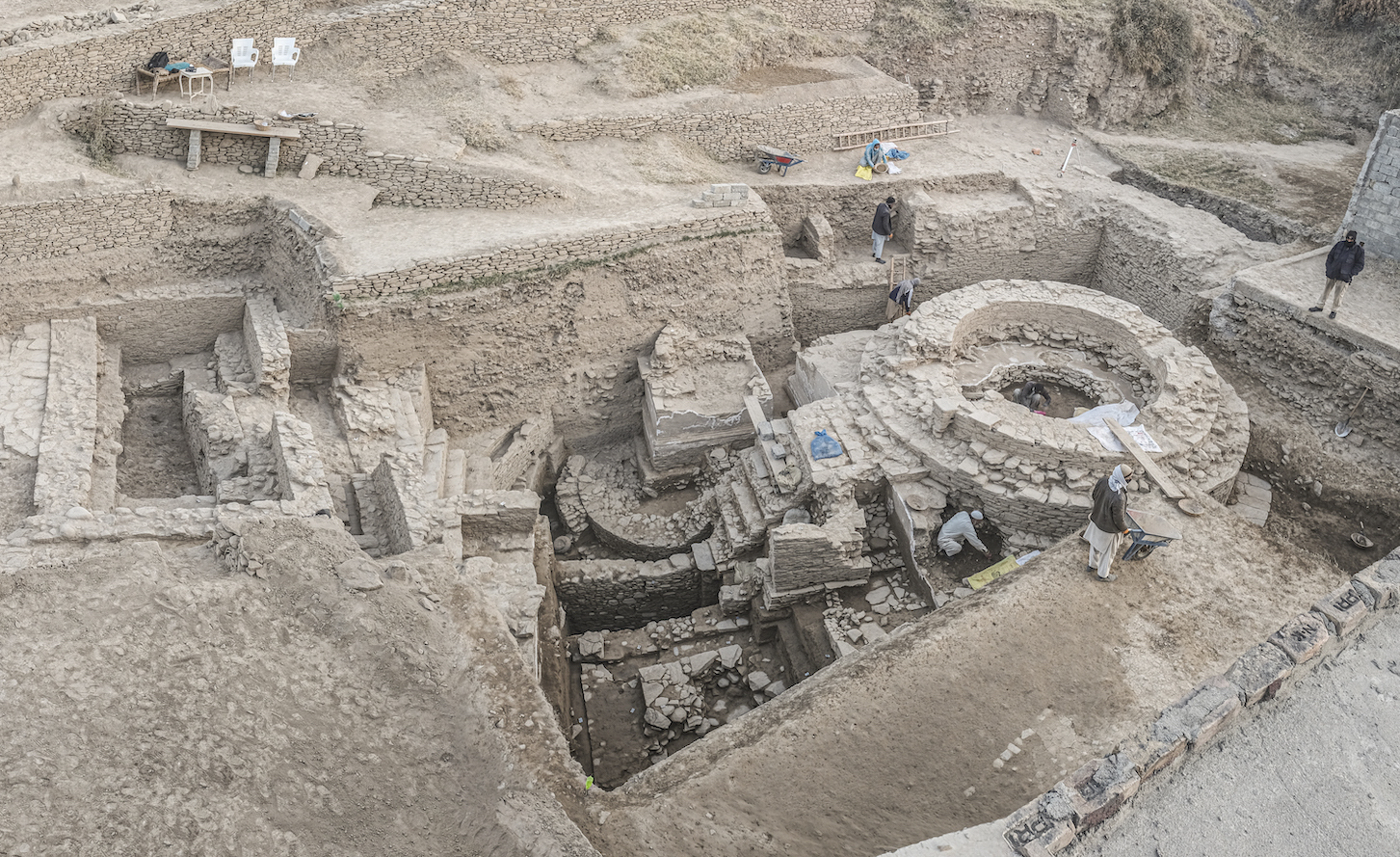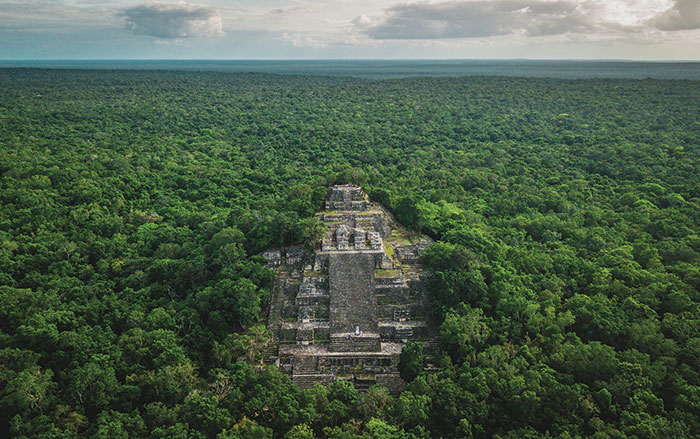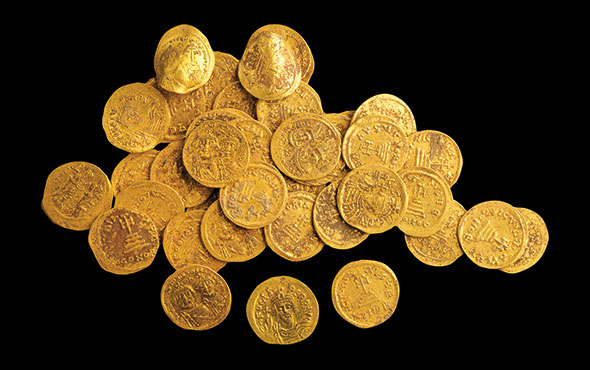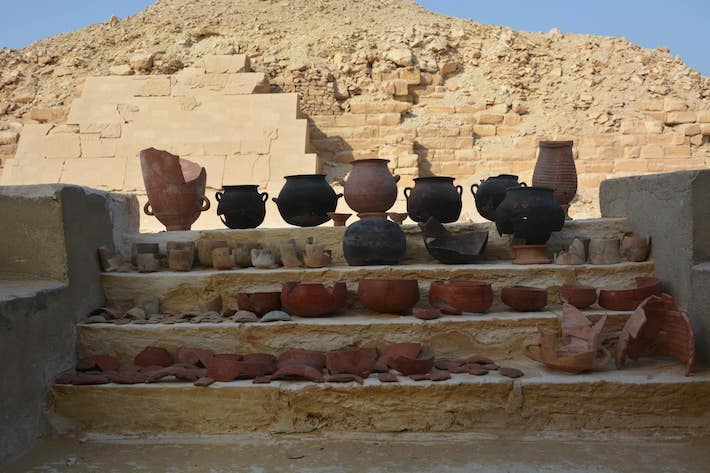
MUNICH, GERMANY—Philipp Stockhammer and Maxime Rageot of Ludwig Maximilian University of Munich and their colleagues analyzed residues found in vessels at an ancient Egyptian embalming workshop and two nearby tombs in Saqqara, and determined that mummification specialists used specific mixtures to prepare different parts of the body, according to a Science News report. The vessels they analyzed were originally discovered in 2016 by the Saqqara Saite Tombs Project, led by the late archaeologist Ramadan B. Hussein. Written labels on the vessels, which have been dated to the 26th Dynasty (688–525 B.C.) and were deciphered by Susanne Beck of the University of Tübingen, named their contents, and in some cases, where to apply the substance. The study showed that different formulas were used to preserve the head, wash the body, treat the liver and stomach, and prepare bandages. Most of the ingredients, including oils or tars of cedar and juniper or cypress trees, pistachio resin, castor oil, animal fats, heated beeswax, and bitumen, had been identified in earlier studies of chemical residues taken from Egyptian mummies and vessels in other tombs. But the study also identified elemi and dammar resins, which were likely imported from Southeast Asia across vast trade networks. These substances have not been previously linked to the process of mummification. Stockhammer said that the specific properties of these resins that might have contributed to the preservation of bodies have not yet been investigated. Read the original scholarly article about this research in Nature. For more on the embalming process practiced at Saqqara, go to "Mummification Workshop," one of ARCHAEOLOGY's Top 10 Discoveries of the Decade.


